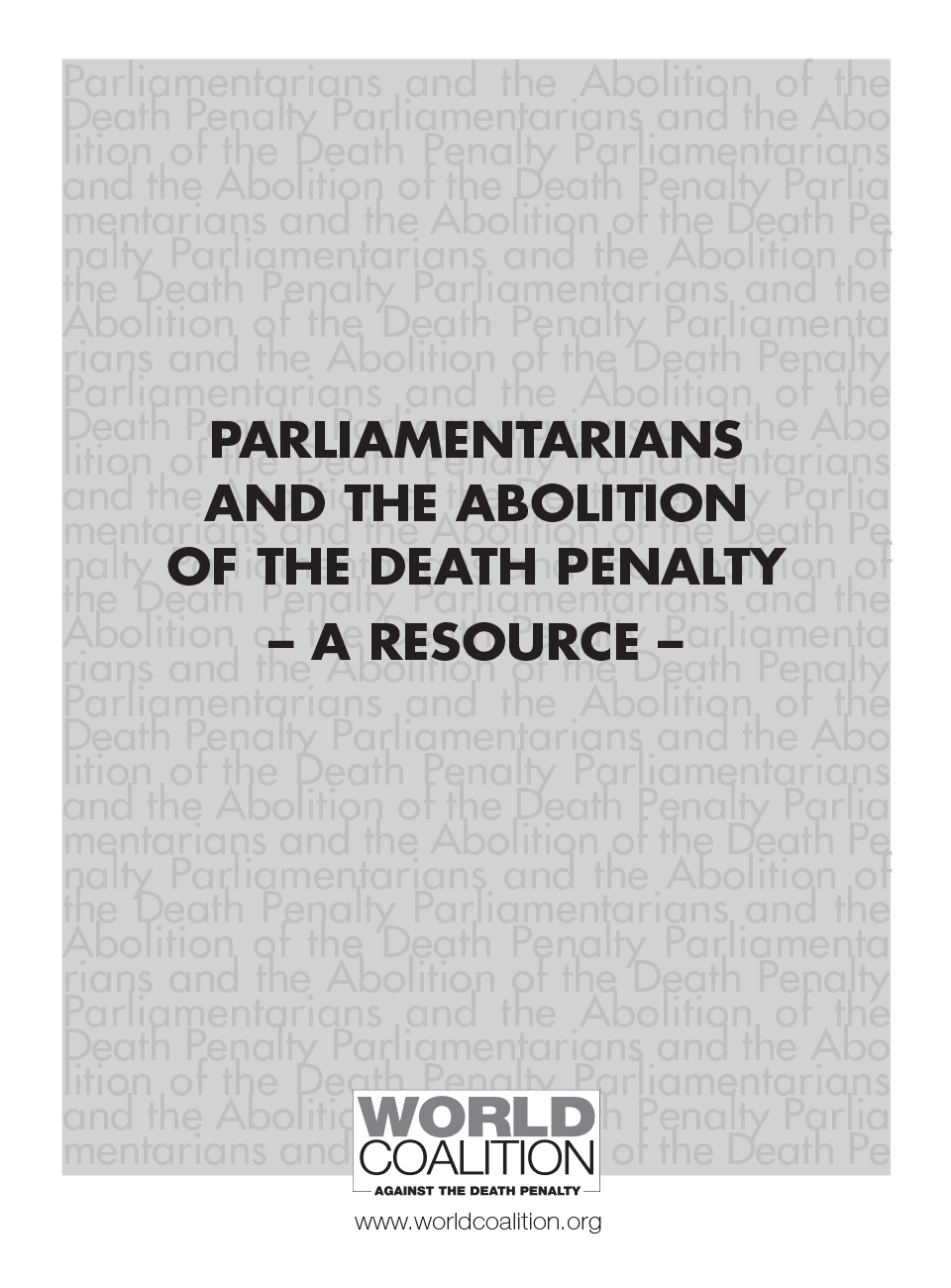Pope Francis's Stance on Death Penalty: A Compassionate Call for Global Change has resonated deeply within religious and secular communities alike. As the leader of the Catholic Church, Pope Francis has taken a firm stance against capital punishment, emphasizing its incompatibility with the core values of compassion, mercy, and human dignity. His voice carries significant weight, urging nations worldwide to reconsider their reliance on the death penalty as a form of justice.
Through his teachings and public declarations, Pope Francis has highlighted the moral imperative to abolish the death penalty. By framing it as an issue that affects the very fabric of society, he calls for a reevaluation of how justice is administered. This article explores his arguments against capital punishment and examines the implications of his stance on both religious doctrine and global human rights discourse.
In the preface for a new book, Pope Francis warned that capital punishment fosters a harmful cycle of revenge in society. He emphasized that this poison of vengeance undermines the principles of peace and reconciliation that societies strive to uphold. The Pope urged individuals and governments to break free from this destructive cycle by promoting restorative justice rather than retributive measures. Through these efforts, he hopes to inspire a more compassionate approach to criminal justice systems worldwide.
Building upon his warnings about the dangers of revenge, Pope Francis further elaborated on the Catholic Church's evolving position regarding the death penalty. In 2018, the Catechism of the Catholic Church was revised to declare that the death penalty is inadmissible because it is an attack on the inviolability and dignity of the person. This update reflects a deeper understanding of Gospel teachings which emphasize love, forgiveness, and respect for all human life. By aligning church doctrine with these principles, Pope Francis aims to strengthen the moral foundation against capital punishment.
The declaration by Pope Francis that the death penalty is inadmissible in all cases marks a pivotal moment in Catholic theology. Previously, the Church had allowed for its use under certain conditions; however, this recent change signifies a shift towards absolute opposition. By asserting that taking a life is never justifiable, regardless of circumstances, Pope Francis reinforces the sanctity of human life and challenges traditional interpretations of justice. This bold move encourages believers and non-believers alike to reflect on the ethical implications of state-sanctioned executions.
Rethinking Justice: Pope Francis's Vision
Pope Francis firmly believes that the death penalty contradicts fundamental Christian values, particularly those centered around mercy and redemption. During a question-and-answer session with fellow Jesuits, he stated that using the death penalty constitutes a sin—a stark departure from earlier Church stances that permitted its application under specific conditions. This evolution in thought prompts important questions about why the Church has only recently reached this conclusion despite centuries of theological exploration.
Addressing concerns raised by critics who argue that abandoning the death penalty might undermine deterrence or public safety, Pope Francis counters that true justice should focus on rehabilitating offenders while protecting victims' rights. He advocates for alternatives such as life imprisonment without parole, ensuring accountability without resorting to lethal measures. Such approaches prioritize healing over harm, fostering environments where reconciliation can occur between perpetrators and affected communities.
Luis Lugo raises pertinent queries concerning the delayed recognition of inherent human dignity within Church doctrines related to capital punishment. While acknowledging past inconsistencies, Pope Francis underscores the importance of ongoing doctrinal development. By continuously refining beliefs based on contemporary understandings of morality and ethics, the Church remains relevant and responsive to changing societal needs.
Doctrinal Evolution: Why It Matters
Pope Francis's authorization of an updated teaching on the death penalty highlights the necessity of doctrinal evolution in addressing modern challenges. Recognizing that previous interpretations may no longer align with current realities, he calls for a more adequate treatment of this complex issue. This revision not only strengthens the Church's commitment to human rights but also demonstrates adaptability in responding to shifting global paradigms.
Development of doctrine serves as a vital mechanism through which religious institutions maintain relevance amidst dynamic social landscapes. For instance, reevaluating positions on contentious topics like capital punishment allows organizations like the Catholic Church to engage constructively with pressing issues affecting humanity today. By embracing progressive perspectives rooted in timeless principles, they contribute meaningfully toward building equitable societies grounded in mutual respect and understanding.
In his letter addressed to the President of the International Association Against Torture, Pope Francis reiterated his steadfast opposition to the death penalty. Drawing parallels between torture and execution, he argued that both practices dehumanize individuals and violate universal human rights. Referencing the Compendium of the Social Doctrine of the Church, he reinforced the message that every person possesses intrinsic worth deserving protection irrespective of actions committed. Thus, eliminating the death penalty becomes essential in safeguarding human dignity universally.
A Moral Imperative: Challenging Misconceptions
While some critics question whether Pope Francis's stance departs from scriptural traditions, others recognize deep connections between his views and biblical teachings. America Magazine delves into this debate, examining whether opposing the death penalty aligns with or diverges from established religious texts. Ultimately, supporters contend that rejecting capital punishment honors Christ's emphasis on forgiveness and compassion—qualities central to living out one's faith authentically.
Opponents often cite Old Testament passages advocating lex talionis (an eye for an eye) as justification for retaining the death penalty. However, Pope Francis invites readers to consider New Testament narratives promoting love over retaliation. Jesus himself exemplified unconditional grace when interacting with sinners, offering salvation instead of condemnation. These examples provide compelling evidence supporting abolitionist movements globally.
As discussions surrounding the death penalty continue unfolding across diverse platforms, Pope Francis's leadership offers valuable insights into navigating ethical dilemmas associated with administering justice fairly yet mercifully. His unwavering advocacy for life reminds us all of our shared responsibility to create safer, kinder worlds where everyone thrives equally under laws reflecting humanity's highest ideals.

